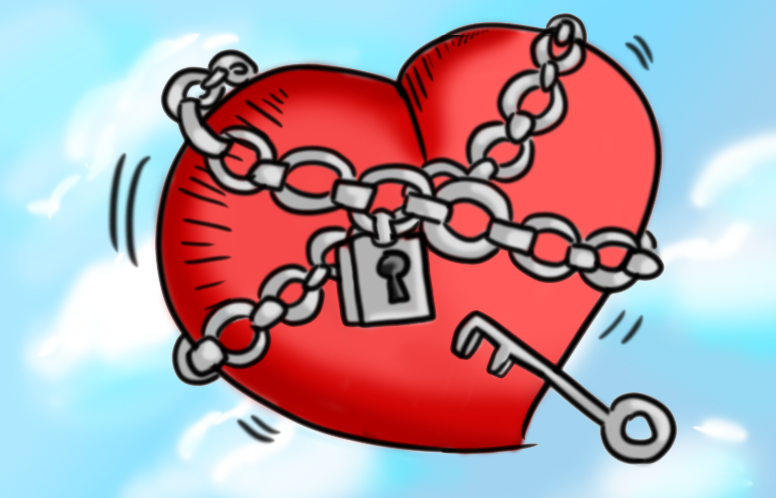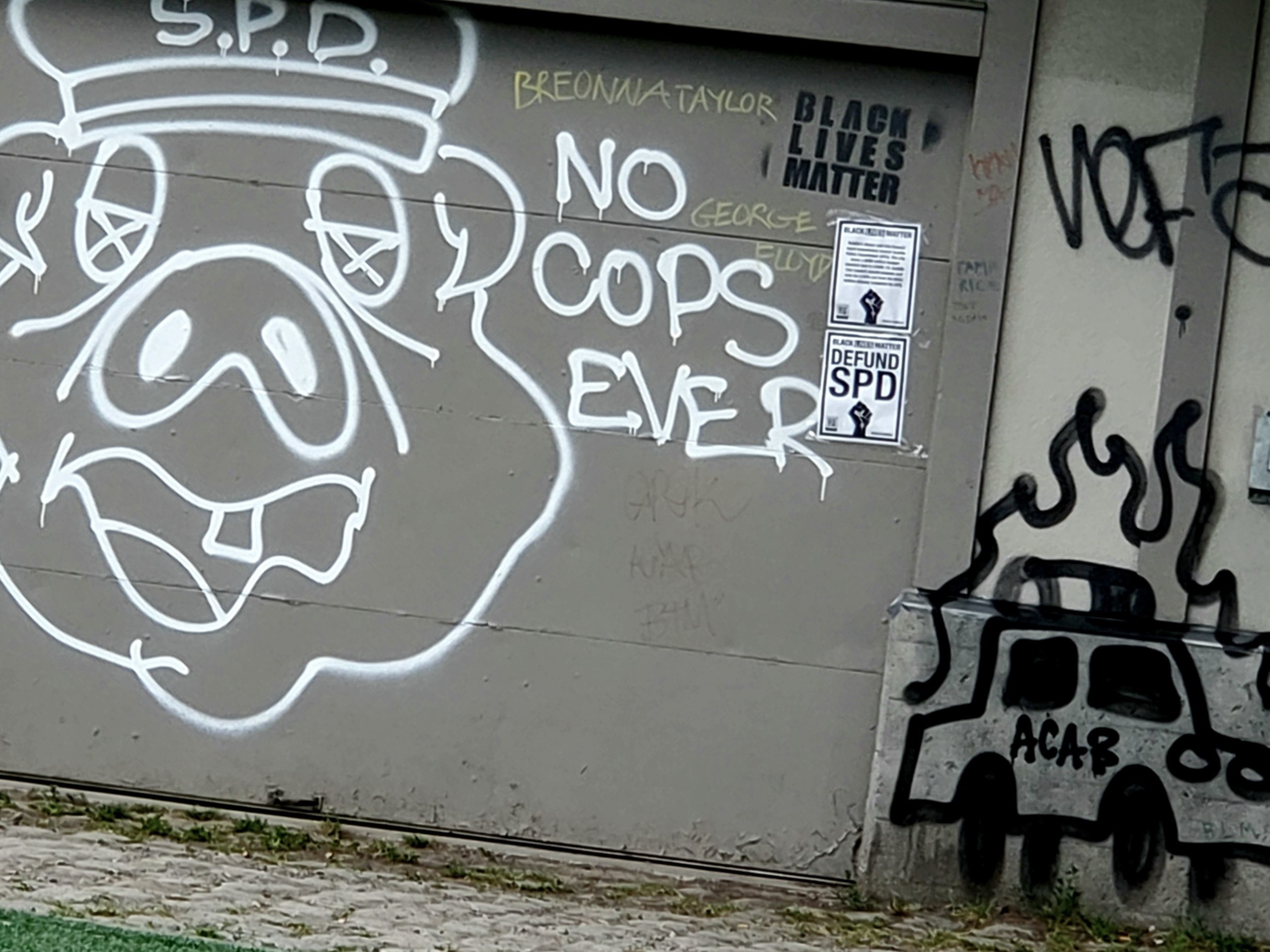You are love worthy; overcoming personal obstacles
We have unsolved traumas, depression, anxiety and more that we may think is a barrier to living a happy and healthy life, especially when it comes to finding love.
As we explored in my last article on childhood traumas, the focus of this piece is to examine some ways we can overcome our past, intrusive thoughts and progress towards healing.
Living with mental illness, especially during a pandemic when some of us may have to deal with overthinking, intrusive thoughts, worrying too much about the past or the future, coping with depression, suicidal thoughts, wondering if we are a good person or questioning if we’re worthy of love is very difficult, as we are often alone when these thoughts occur.
We may come across these intrusive thoughts when we begin to seek love. These thoughts can range from if we are good enough, if our partners really love us, if they will cheat on us, if they will leave us, etc. We may experience fear when it comes to being vulnerable and bearing our emotions with another person. We might be scared to open up to them about our mental disorders or compare ourselves to other people and couples.
Our fears are something we can overcome with healing and help. Does this mean we have to be flawless before finding love? Absolutely not. We are loveable just the way we are, and our partner should understand and acknowledge our struggles along with our journey to self-healing, self-love and self-growth.
One obstacle we might come across is our intrusive thoughts. These thoughts can range over a variety of things and become scary at some points. Martin Seif Ph.D. ABPP and Sally Winston Psy.D. share some steps on how to overcome these thoughts in their article “Unwanted Intrusive Thoughts” on Psychology Today. You need to learn to accept and allow these thoughts in your mind, to not push them away. To label them as intrusive, you need to remind yourself they are “automatic, unimportant, and not up to you.” They encourage you to try not to engage with the thought or try to figure out what the thought means. Remember, these thoughts do not reflect you as a person and they are temporary, you know who you truly are and that these thoughts are not yours.
Practicing these techniques and acquiring professional help is a way to overcome these thoughts. Additionally, waking up every morning and looking into the mirror to say positive affirmations can be another way to heal. “I am beautiful,” “I am loved,” “I deserve happiness and success” and “I am a good person” should all be some of the words we hear from ourselves. Nobody can heal us but ourselves.
“We’re only as old inside as the wounded child who sustained our oldest hurts – neglect, ridicule, criticism, sexual abuse, etc. If we hide our personal history from ourselves by insisting on focusing at all times on the present and/or the future, we can’t help that child heal and grow into the adult we’re meant to become,” said Tina Gilbertson LPC, in her article “Why Your Past Matters” on Psychology Today.
We all have different pasts and environments we grew up in as children. Rather than running away from our past, it is time to confront it, learn from it and not allow it to control us in the present as well as the future. If we don’t confront these traumas, they can show up again in our lives.
An example of this can be seen in a new Turkish show called “Masumlar Apartman?” that is based on a true story, from Dr. Gülseren Buday?c?o?lu’s book “Madalyonun ?çi.” An abusive mother reflects some of the abuse she endured from her mother onto her children. Her daughter, who endured the most from her mother, grows into an adult and stays in her home with her other three siblings who have psychological disorders. The oldest daughter has a disorder where she cleans the entire house, doesn’t leave and has flashbacks of her dead mother commenting on the oldest daughter’s actions, especially when her childhood boyfriend moves to the hotel right across their apartment. The oldest daughter is now mirroring some of the actions and comments of her mother and acting these out against her siblings.
Trauma may not just come from our past, transgenerational trauma can be transferred in between generations. Family karma is another term used as well, and there are ways we can heal and release energetic ties from our ancestors. Identifying our own traumas and how we can stop it so there won’t be a possibility of it transferring to our children is a step towards healing ourselves for the sake of ourselves as well as with the people who love us. When we identify and acknowledge what happened in our past, and accept that healing will help us overcome it, then it will end the transference of that generational trauma into our future.
We may feel stuck in the past because we have unresolved traumas, either from our childhood or throughout our life. Our past does not define who we are, they are merely lessons and a part of life. We cannot change the past, but we can change how our past impacts our future. When we connect with our inner child and accept our journey of healing, we do not need to restrict ourselves from living a happy life. We can travel, get the job we have always wanted, earn the major we love, eat the foods we have been craving and connect with ourselves spiritually or religiously. We don’t have to be a completely healthy person free from all disorders and traumas in order to enjoy the many beautiful aspects of life.
Mevlana Celaddiin-i Rumi was a 13th century Muslim poet, and I want to conclude on his quote:
“Sorrow prepares you for joy. It violently sweeps everything out of your house, so that new joy can find space to enter. It shakes the yellow leaves from the bough of your heart, so that fresh, green leaves can grow in their place. It pulls up the rotten roots, so that new roots hidden beneath have room to grow. Whatever sorrow shakes from your heart, far better things will take their place.”



